Does Learning Slang Improve Your Japanese?
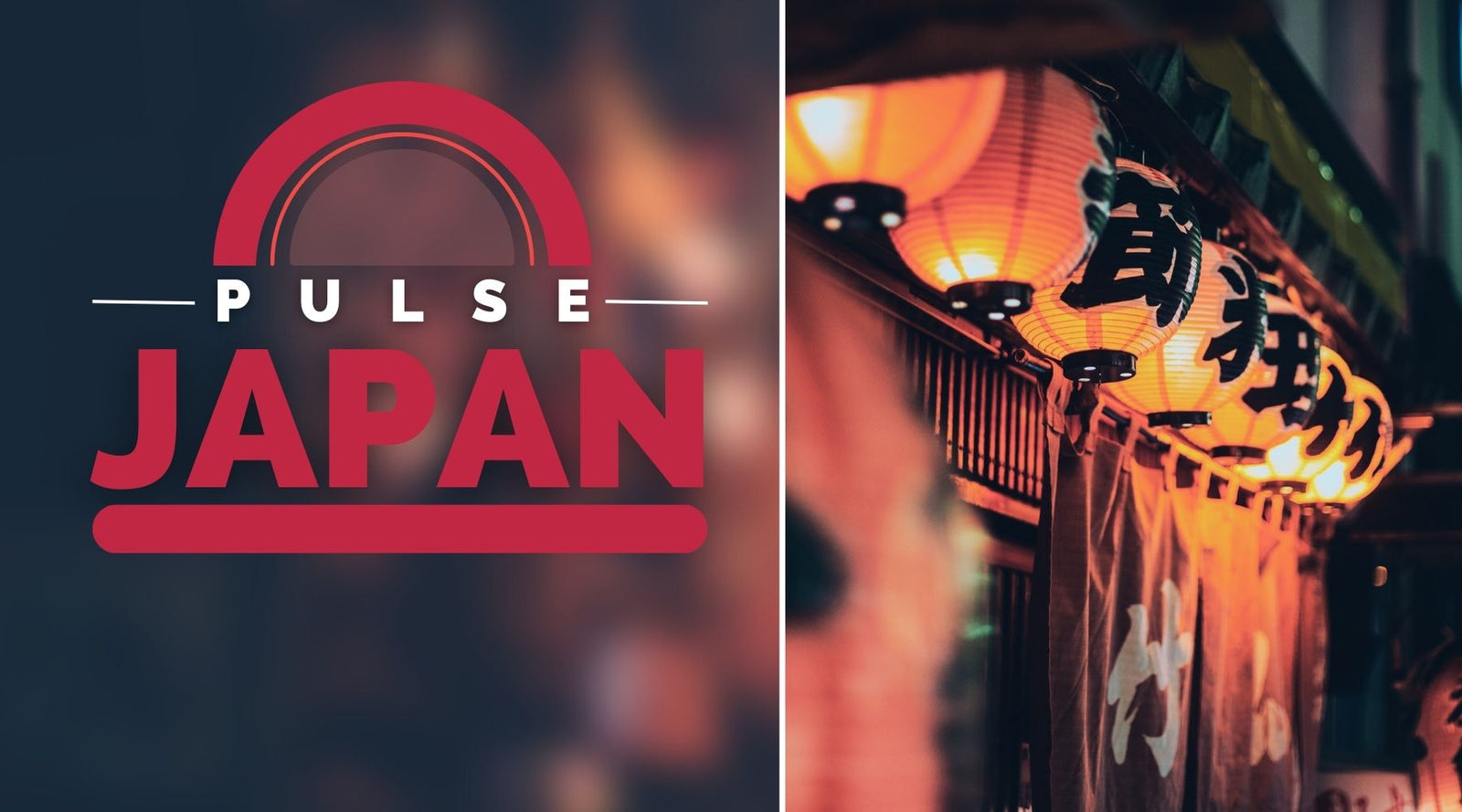
Mastering a language goes beyond just memorizing grammar rules and vocabulary from textbooks. To truly connect with native speakers and immerse yourself in the culture, you need to understand the colloquial language used in everyday conversations. This is where Japanese slang comes into play, bridging the gap between formal textbook Japanese and the vibrant, ever-evolving language spoken by locals.
The Essence of Authentic Communication
Japanese is a language deeply rooted in respect, politeness, and formality. While textbooks teach you the proper, formal way of speaking, they often fail to capture the nuances and casual expressions that permeate real-life interactions. Slang words and phrases are the lifeblood of authentic communication, allowing you to engage with native speakers in a more natural and relatable way. Source: Preply
Unlocking Cultural Insights
Slang is not merely a collection of informal words; it's a window into the culture, humor, and identity of different social groups within Japan. By understanding regional and contextual slang, you gain a deeper appreciation for the subtle nuances that shape Japanese society. Slang expressions often carry historical significance or reflect the values and experiences of a particular community, providing invaluable cultural insights that textbooks simply cannot convey. Source: Omniglot
Connecting with Contemporary Culture
Japanese popular culture, from anime and manga to music and movies, is infused with slang expressions. To fully appreciate and engage with these vibrant art forms, a grasp of colloquial language is essential. Slang words and phrases add depth, humor, and authenticity to the dialogue, allowing you to connect with the characters and storylines on a more profound level. Source: JapanesePod101
The Key to Smooth Conversations
Imagine trying to converse with a native Japanese speaker using only formal, textbook language. The conversation would likely feel stilted, unnatural, and even awkward. By incorporating slang into your language repertoire, you can navigate casual exchanges with ease, making your conversations flow more smoothly and naturally. Slang words and expressions add a touch of familiarity and relatability, helping you connect with your conversation partners on a more personal level. Source: Global LT
Embracing the Living Language
Languages are living, breathing entities that constantly evolve, and Japanese is no exception. Slang words and phrases are a testament to this evolution, reflecting the changing times, trends, and cultural shifts within Japan. By embracing slang, you're not just learning a static set of words; you're embracing the dynamic, ever-changing nature of the language itself, ensuring that your Japanese skills remain current and relevant. Source: Omniglot
In essence, learning Japanese slang is more than just expanding your vocabulary; it's about bridging the gap between the formal language of textbooks and the vibrant, colloquial language used by native speakers in their daily lives. By doing so, you'll not only enhance your communication skills but also gain a deeper appreciation for the rich cultural tapestry that Japanese slang represents.
Unlocking Cultural Insights and Nuances
Slang is far more than just casual lingo - it's a linguistic gateway into the heart of a culture. By delving into the slang terms and expressions used by different social groups, you gain an insider's perspective on their shared values, experiences, and worldviews. This unique window into cultural nuances can enrich your understanding and appreciation of a language in profound ways.
Decoding Cultural Identity
Slang often serves as a linguistic fingerprint, revealing one's affiliation with a particular cultural group or subculture. Source: 98th Percentile For instance, African American Vernacular English (AAVE) has had a profound impact on music, fashion, and pop culture through its distinctive slang. By understanding the slang of a community, you gain insights into how they perceive and express their shared identity.
Uncovering Cultural Values
Slang expressions frequently reflect the attitudes, opinions, and values that a cultural group holds dear. Source: TypesetFor example, the Japanese concept of "wa" (harmony and balance) is deeply ingrained in their culture, and their slang may incorporate nuances related to this principle. By studying slang, you gain a deeper appreciation for the cultural mindset that shapes it.
Connecting Through Shared Experiences
Slang often emerges from the shared experiences and struggles of a community, serving as a means of unity and defiance. Source: 98th Percentile During times of oppression, marginalized groups have used slang to communicate discreetly, fostering a sense of belonging and solidarity. Understanding these nuances can help you connect with native speakers on a deeper, more meaningful level.
Navigating Regional Variations
Even within a single language, slang can vary widely across different regions or communities. Source: New World Encyclopedia Mastering regional slang nuances can be crucial for effective communication and avoiding misunderstandings. For instance, a slang term used in Tokyo might have a different meaning or connotation in Osaka, reflecting the unique cultural influences of each region.
Embracing Cultural Humor
Slang often incorporates playful, humorous elements that reflect a culture's sense of wit and humor. Source: Open University By understanding slang expressions and their underlying cultural context, you can better appreciate the nuances of humor and engage in more meaningful, enjoyable interactions with native speakers.
Enhancing Self-Expression and Emotional Range
The Limits of Formal Language
While mastering formal language is crucial for clear communication, it alone can feel restrictive when trying to convey the full depth of human thoughts and emotions. Formal language tends to be more rigid, favoring precise definitions over nuanced expression. Source: Busuu This is where slang comes into play, offering a vibrant palette to paint a more authentic picture of our inner lives.
Slang Unlocks Authentic Self-Expression
Slang allows us to communicate with greater candor, personality, and emotional range. It provides colorful idioms and phrases that can convey subtle shades of meaning that formal language may miss. Source: Quora Whether expressing joy, frustration, or any other feeling, slang offers a more relatable and resonant way to articulate our experiences.
Connect on a Deeper Level
-
Slang fosters a sense of camaraderie and shared identity, enabling more intimate connections with native speakers. Source: Global LT
-
Using appropriate slang demonstrates cultural awareness and sensitivity, allowing learners to communicate with greater nuance and relatability. Source: 98th Percentile
Embrace Your Authentic Voice
-
Slang empowers learners to express themselves more freely, moving beyond the constraints of formal speech patterns.
-
By incorporating slang, conversations feel more natural, allowing your unique personality to shine through. Source: Verbal Planet
The Journey Towards Native Fluency
Ultimately, mastering slang alongside formal language is a vital step in achieving native-level fluency. It enables learners to communicate with greater authenticity, emotional depth, and cultural understanding. Source: Engmates As you embrace the vibrant world of slang, you'll unlock a more immersive and enriching language learning experience.
Accessing Popular Media and Youth Culture
The Language of Anime and Manga
One of the biggest draws of learning Japanese slang is the ability to fully appreciate and engage with contemporary popular media like anime and manga. These art forms are deeply woven into the fabric of modern Japanese youth culture, and understanding the slang used within them unlocks a whole new level of immersion.
As one Quora user points out, while most anime dialogue is in standard Japanese for broad accessibility, slang is often employed for comedic effect or to establish a character's personality and background. Mastering these nuances allows you to pick up on subtle cues and inside jokes that would otherwise be lost in translation.
Bridging the Gap to "Real Talk"
Beyond entertainment, knowing Japanese slang helps fill the gap between the rigid, formal language taught in textbooks and the casual, colloquial speech used in everyday conversation. Without an understanding of slang, your interactions may come across as overly stiff or unnatural to native speakers.
Learning slang words and phrases like "baka" (idiot), "bucchake" (to be frank), and "chō" (very) makes your Japanese feel more authentic and relatable. Slang terms like "wan chan" (one chance, similar to YOLO) give you insight into the mindset of Japanese youth and help you connect with their experiences on a deeper level.
Keeping Up with Internet Culture
In today's digital age, slang is evolving rapidly through online channels like social media, messaging apps, and internet forums. Texting abbreviations like "w" for "warau" (laugh) and kaomoji like "(^_^)" have become ingrained in modern Japanese cyber-slang.
Understanding this dynamic e-lingo is key to seamlessly engaging with Japanese internet culture and building connections with online communities. As one user notes, mastering slang gives you insight into the more casual, relaxed side of the Japanese psyche beyond the polished, formal public face.
A Vibrant Mirror into Youth Experience
At its core, Japanese slang represents the constantly evolving language of youth self-expression. By studying it, you gain an intimate window into the experiences, attitudes, and cultural touchstones that shape the modern Japanese young adult experience. Slang allows you to connect with media and peer groups on a level that transcends surface-level translation.
So while formal Japanese will always have its place, immersing yourself in the dynamic world of slang is an invaluable way to build real fluency and forge genuine connections within Japanese youth culture.
Why This Approach Wins Over Formal-Only Learning
The Limitations of Formal Language
Solely focusing on formal Japanese leaves gaping holes in your ability to communicate naturally. While formal language has its place, relying on it exclusively creates an artificial barrier between you and genuine self-expression. Source: LinkedIn points out that formal communication can feel impersonal and rigid, potentially distorting the intent behind the words. Source: Touro University reinforces that formal language lacks the personal touch of informal speech.
As Source: Cambridge Dictionary explains, formal styles are best reserved for serious situations or when addressing strangers. Everyday conversations demand a more relaxed, casual tone to build rapport and connection. Sticking to textbook formalities alone prevents you from fully immersing in the vibrant Japanese culture and lifestyle.
The Power of a Balanced Approach
Mastering both formal and informal Japanese provides a holistic, practical grasp of the living language in all its nuanced glory. It's the balanced approach that truly prepares you for genuine language immersion.
Source: Metagroup highlights how the Balanced Language Approach "recognizes that one approach does not meet all learning needs nor can it address all aspects of language acquisition and literacy." Source: Warranwood Primary Schoolaffirms this balanced approach provides a best-practice model for holistic language mastery across all stages.
By incorporating slang alongside formal study, you gain:
-
Deeper cultural insights and ability to forge real connections
-
Expanded emotional range for authentic self-expression
-
Full comprehension of contemporary media and youth culture
-
A practical skill set for navigating real-world conversations
The Path to Fluency
While the journey has its challenges, committing to a balanced curriculum pays off. As Source: Scott H. Young notes, genuine communication allows you to hypothesize how the language works while receiving instant feedback - accelerating your progress.
With formal study providing the foundations and slang unlocking the soul of the language, you'll develop true fluency. You'll gain the linguistic dexterity to code-switch between formal and informal contexts with finesse. Conversations will flow naturally, allowing you to fully inhabit the culture.
Ultimately, this balanced approach is about becoming a well-rounded speaker capable of rich self-expression and deep connection with Japanese language and culture. It's a path that unlocks your potential as a masterful communicator in every sense of the word.











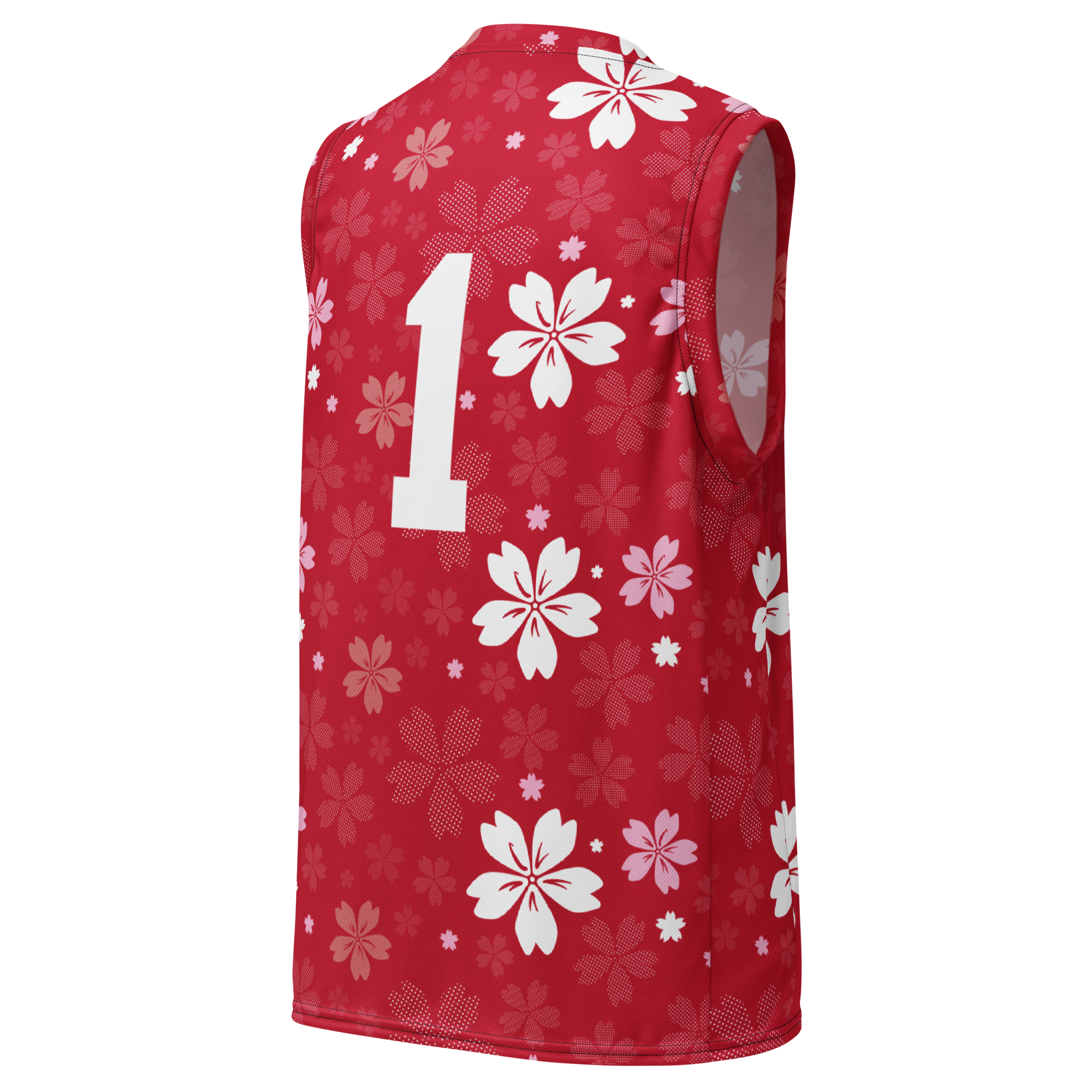








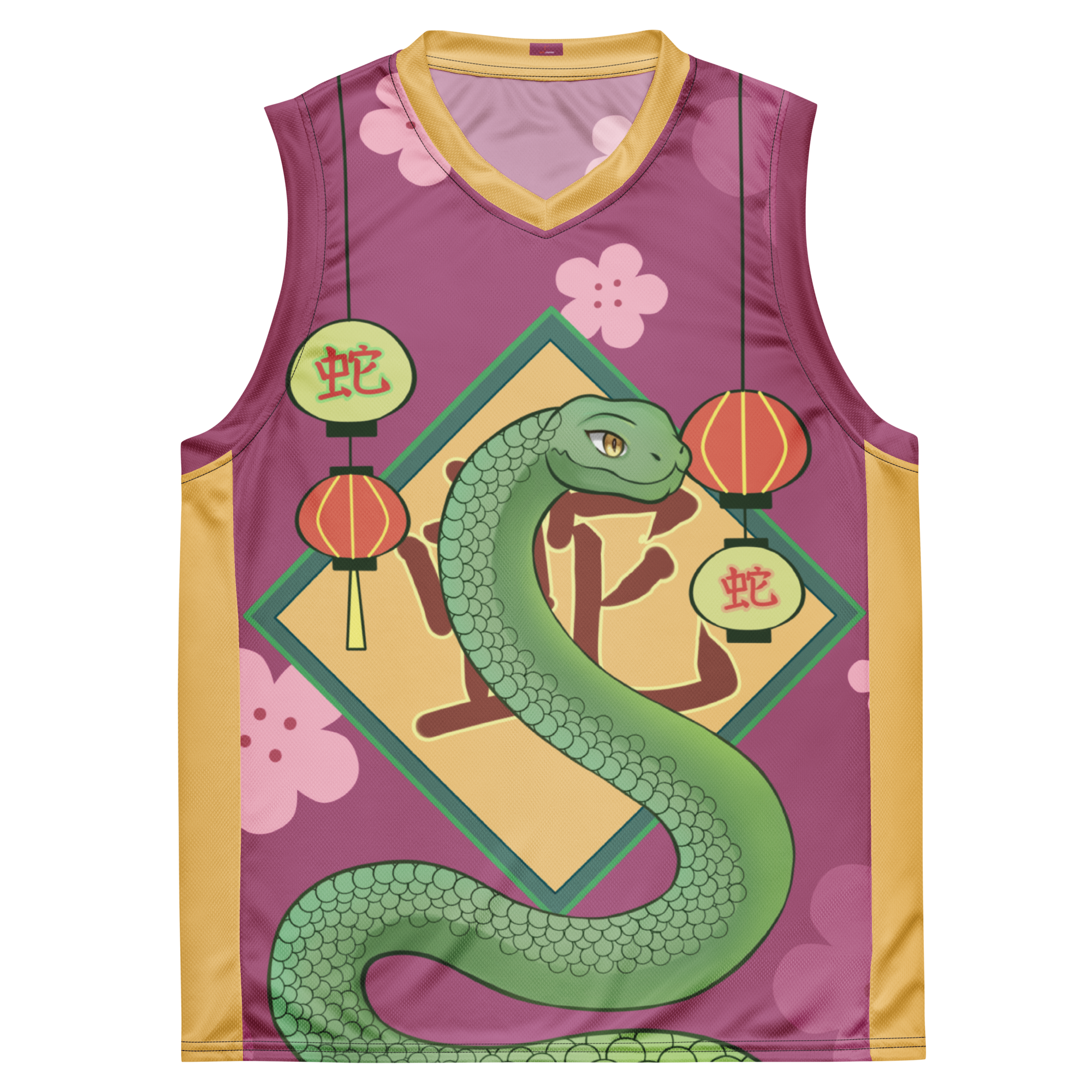
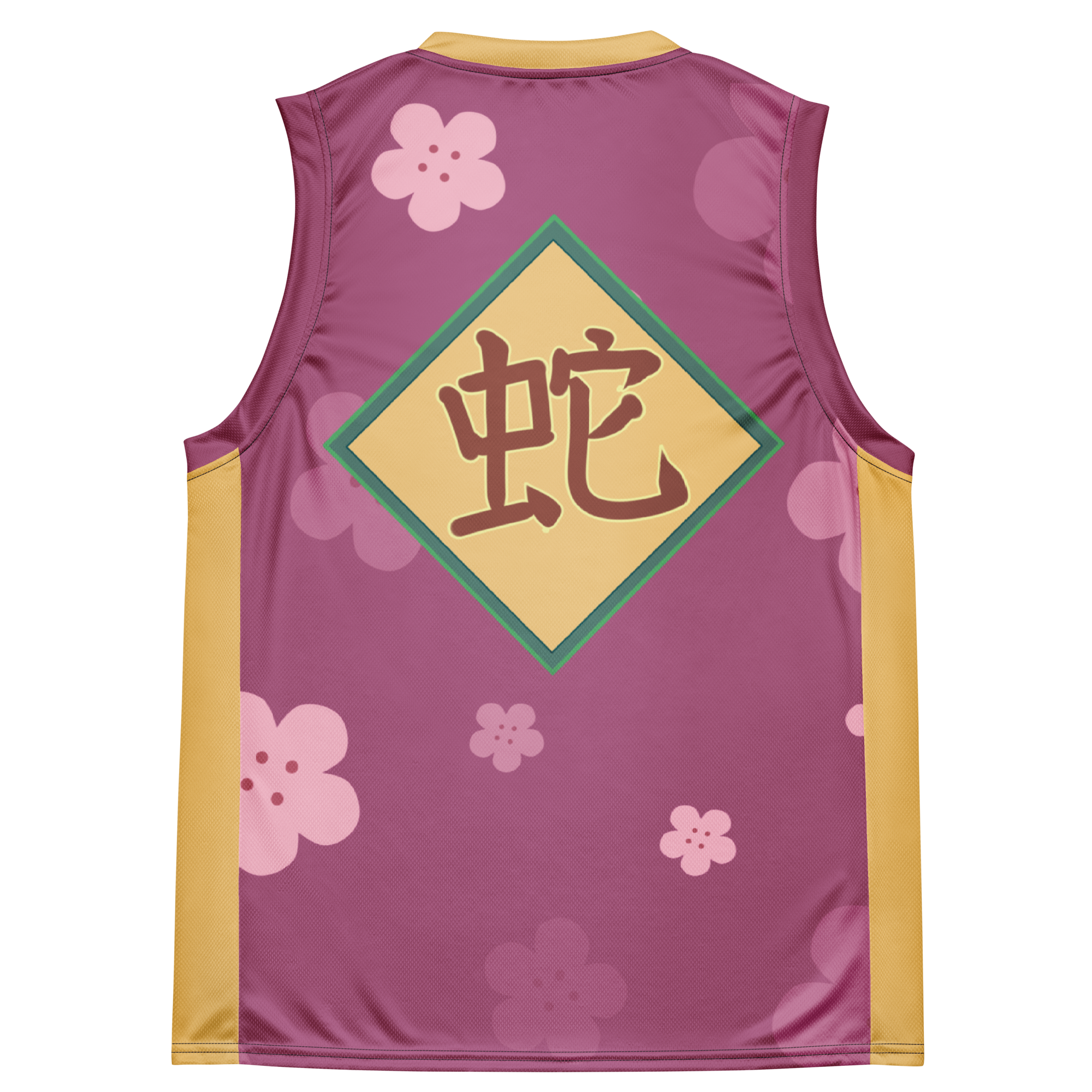
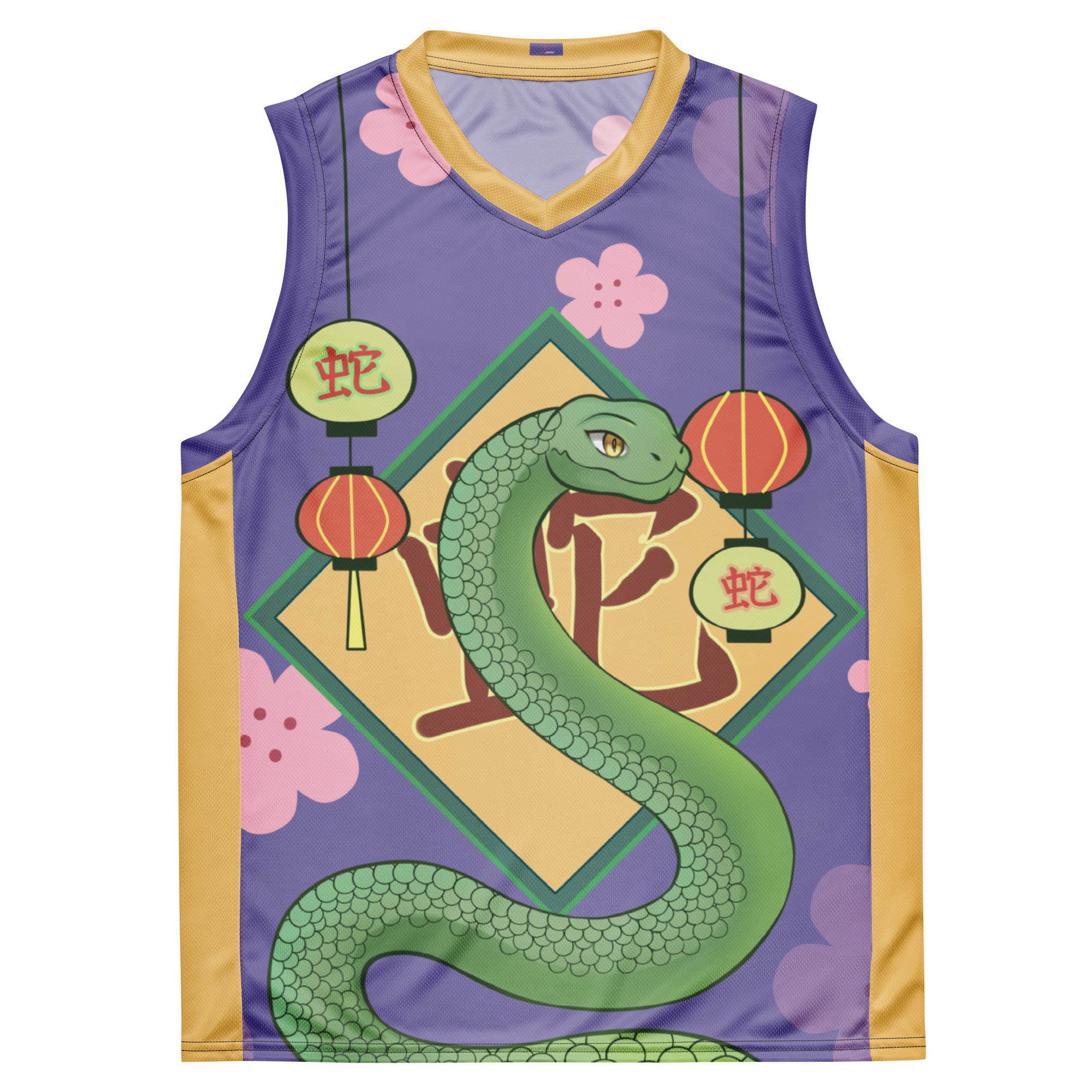
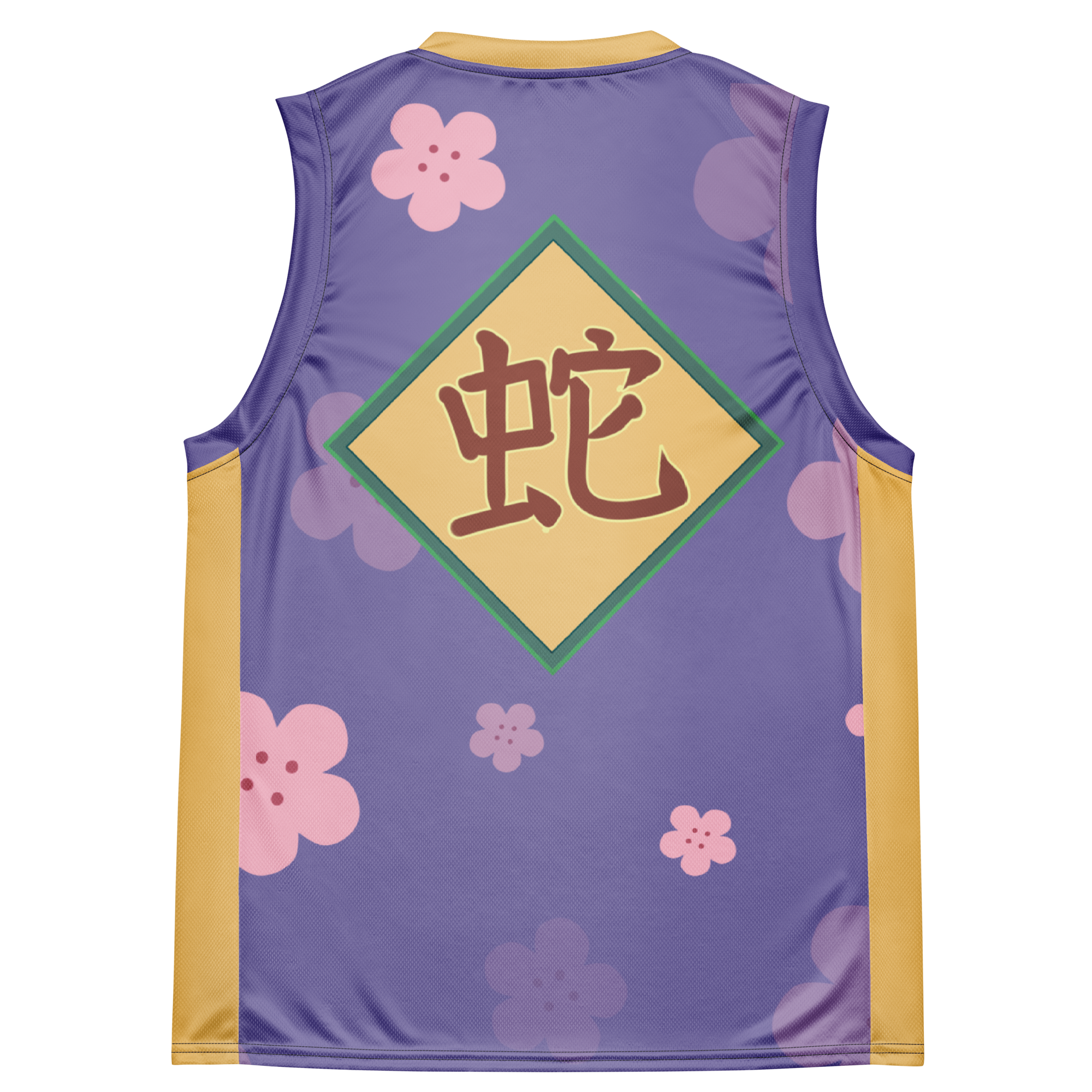

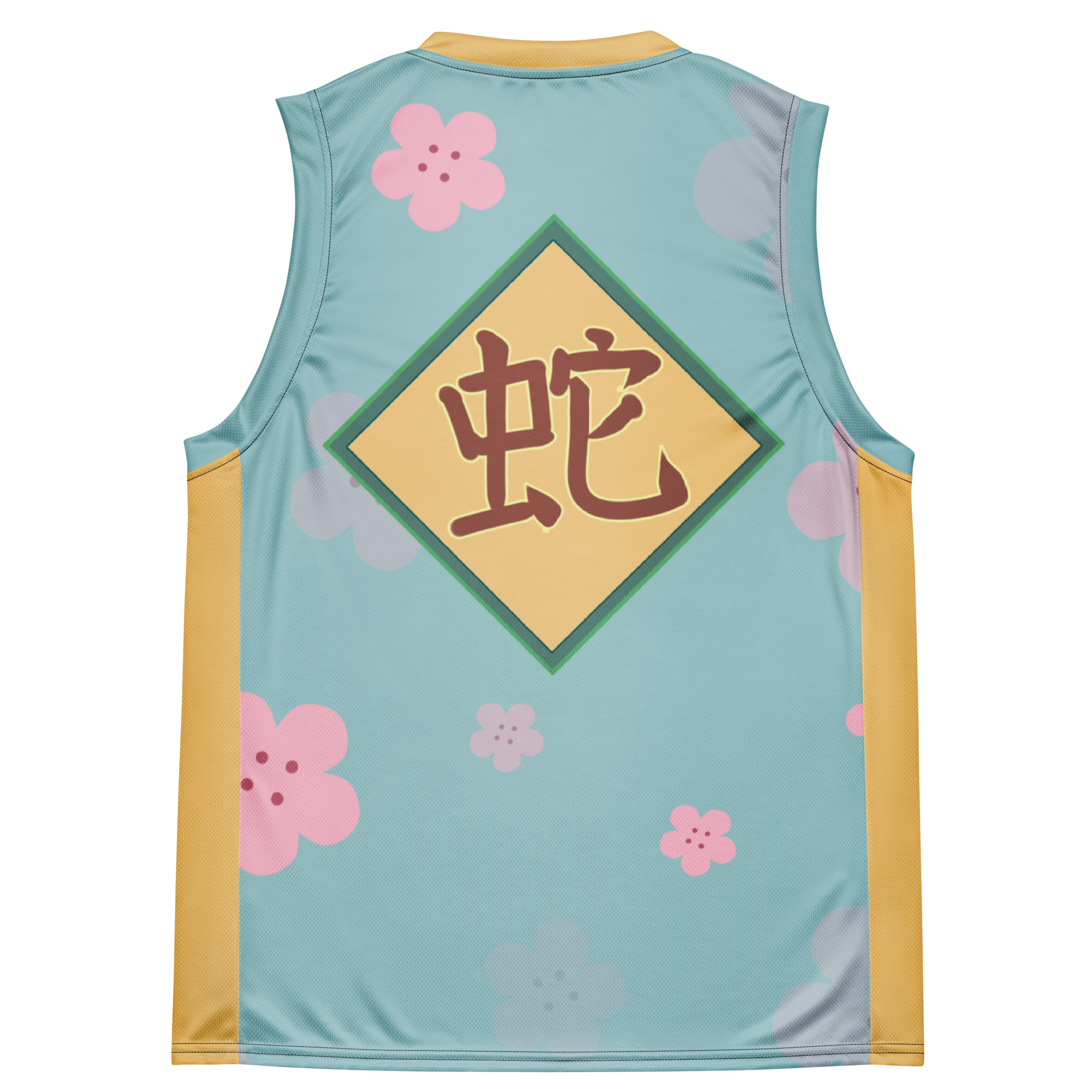















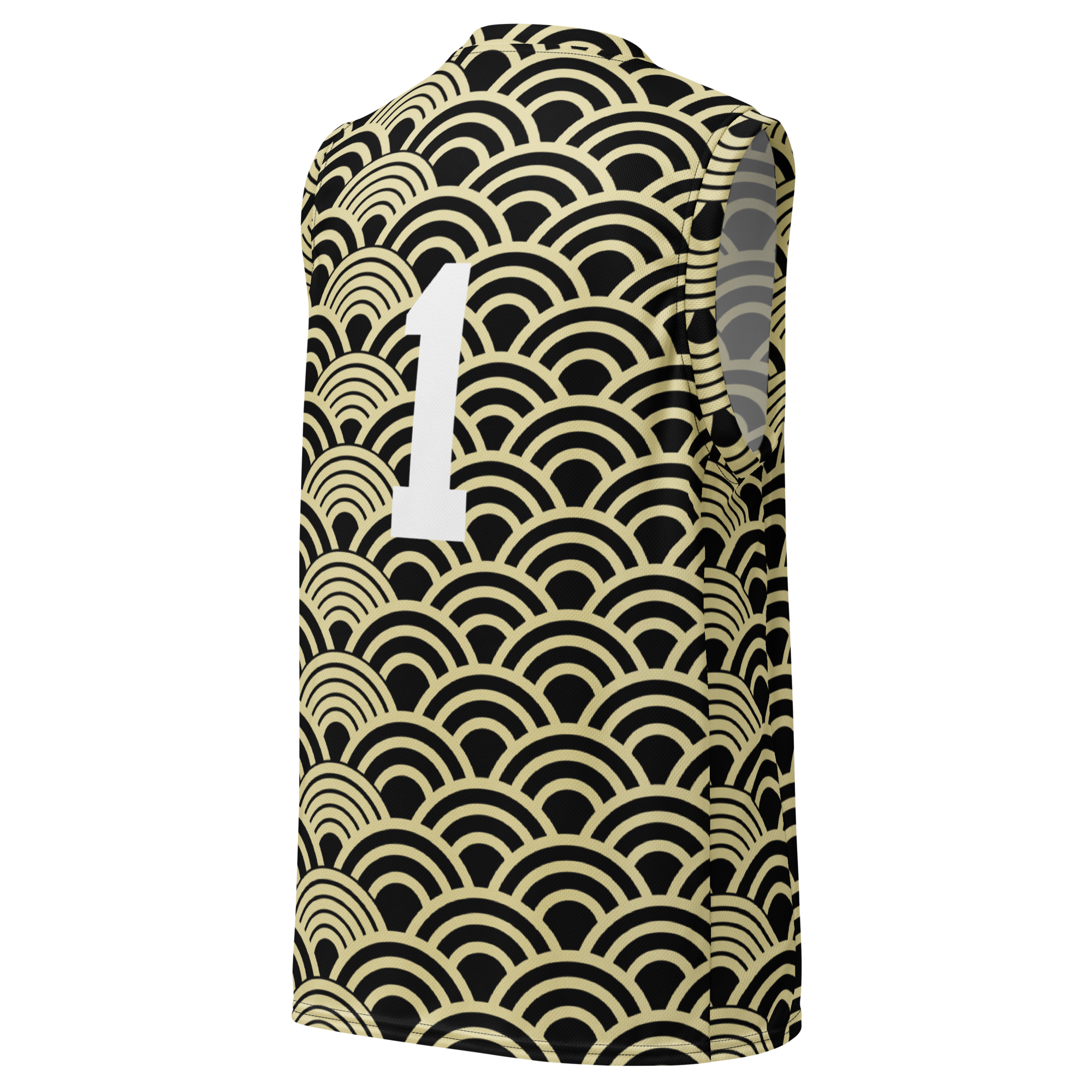
Dejar un comentario